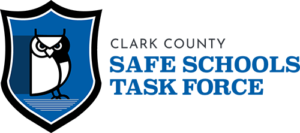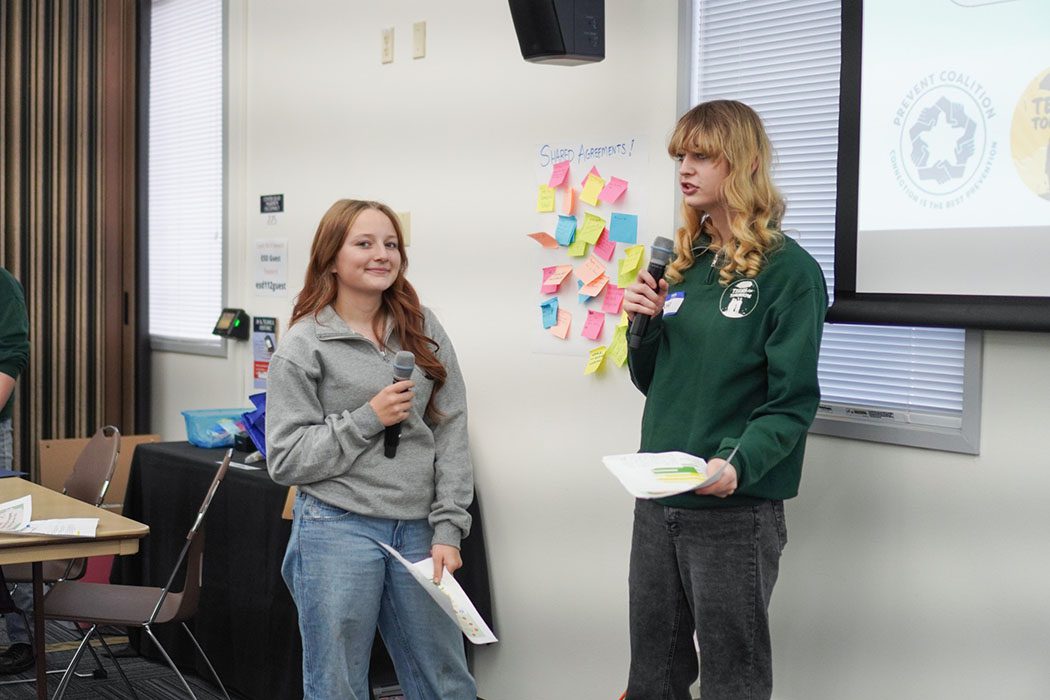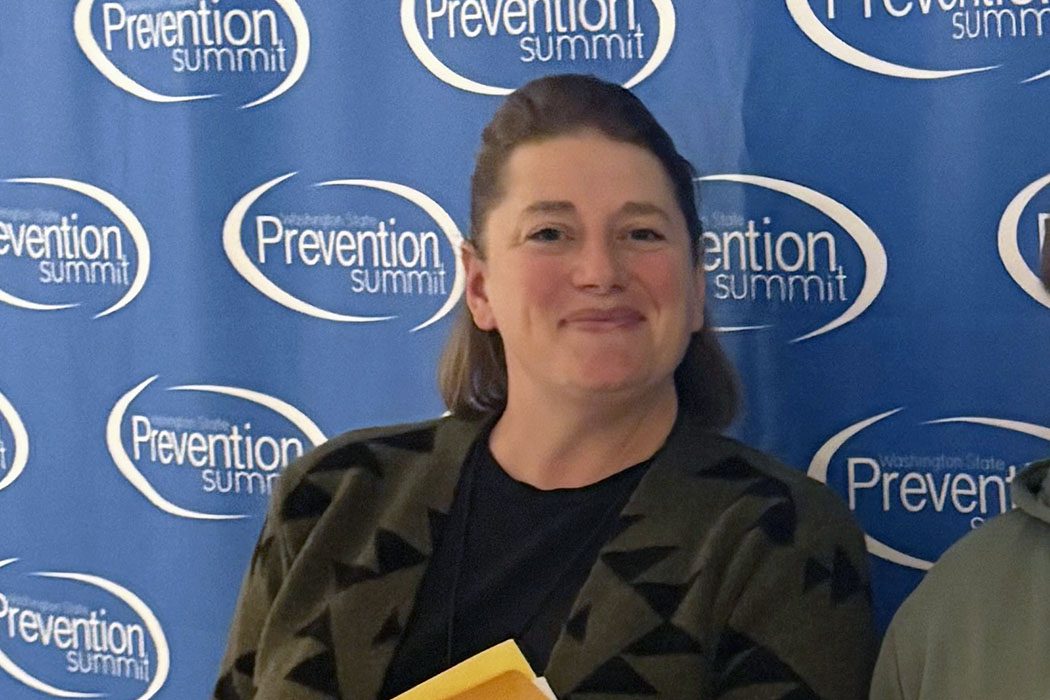Comprehensive, multi–layered approach to emergency operations planning
About
School Safety Coordination
The RSSC provides comprehensive school safety coordination that works with school districts to support emergency operations planning. Comprehensive safety coordination utilizes the RSSC network of support in threat assessment and behavioral health to offer a multi-layered approach that addresses training, pre-planning, community relationship-building, and real-time support in an emergency.
RSSC’s comprehensive safety coordinator provides the services necessary for schools to comply with comprehensive safe school planning under RCW 28A.320.125. The Guide for Developing High Quality Emergency Operations Plans outlines a process and framework for schools.
Recommended strategies for keeping schools safe and healthy:
Services
Services we offer
Standard Response Protocol
Regional Safety Protocol
Everyone agrees, schools and emergency responders must be on the same page before the next crisis happens. The Regional School Safety Center launched a region-wide adoption of Standard Response Protocol. The Standard Response Protocol is simple and easy to use: five emergency actions schools follow during an incident. the sixth emergency action, Standard Reunification Method, is currently being adopted by each school county. There is broad support from school districts, law enforcement, fire service, and local emergency management.
Not sure where to start? Need help with planning or finding the right resources?
Access our services or contact us.
Video Resources
Schools Task Force
About the Clark County Safe Schools Task Force
 School safety should be a priority for all parents, educators, students, and community members. Students and educators have a right to attend schools that are safe and conducive to learning and achievement, yet schools often experience critical incidents such as suicide, natural disasters, or a mass casualty event that has a devastating impact on students, parents, educators and the community.
School safety should be a priority for all parents, educators, students, and community members. Students and educators have a right to attend schools that are safe and conducive to learning and achievement, yet schools often experience critical incidents such as suicide, natural disasters, or a mass casualty event that has a devastating impact on students, parents, educators and the community.
The purpose of the Clark County Safe School Task Force is to bring together schools, emergency responders and other local agencies to address the four phases of crisis management: prevention, preparedness, response and recovery. Our mission is to support school crisis prevention, response, and recovery, and to protect every school and every student, every day. The goal is to develop safety plans, procedures, resources and training that would empower school staff to act quickly and knowledgeably in an emergency.
Meeting Schedule 2025-2026
October 2025
8-9:30 a.m.
ESD 112 Conference Center/Klickitat & Skamania Rooms
January 28th, 2026
8-9:30 a.m.
Virtual Meeting; Zoom link will be emailed
March 25th, 2026
8-9:30 a.m.
Virtual Meeting; Zoom link will be emailed
May 27th, 2026
8-9:30 a.m.
Virtual Meeting; Zoom link will be emailed
Contacts
Who to Contact
Corina McEntire
Comprehensive School Safety and Public Health Coordinator
Phone: 360-952-3528
Email: corina.mcentire@esd112.org
Upcoming Classes & Events
Read the latest news
- November, 2025 Regional School Safety Center News 2025-2026 Quarter 2
- September, 2025 Regional School Safety Center News 2025-2026 Quarter 1
- May, 2025 Regional School Safety Center News Spring 2025
- February, 2025 Regional School Safety Center News Winter 2025
- November, 2024 November Regional School Safety Center News
- September, 2024 Regional School Safety Center News
- June, 2024 Regional School Safety Center News Summer 2024
- March, 2024 Regional School Safety Center News Spring 2024
- January, 2024 You're Invited! Regional Forum on Standard Response Protocol
- December, 2023 Regional School Safety Center News Winter 2023-24
- September, 2023 Regional School Safety Center News
Newsletter Signup
If you’d like to receive updates about the RSSC and services, please provide your information below.





 ESD 112 equalizes educational opportunities for learning communities through innovative partnerships, responsive leadership, and exceptional programs.
ESD 112 equalizes educational opportunities for learning communities through innovative partnerships, responsive leadership, and exceptional programs.